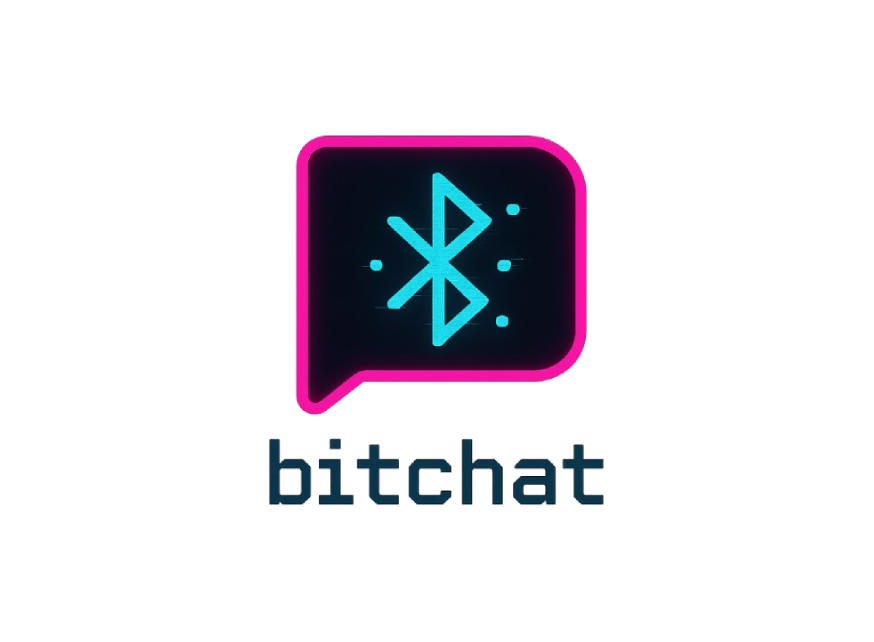What is BitChat? The Decentralized Messenger Explained (And Why It Matters)
What is BitChat?
The Decentralized Messenger Explained (And Why It Matters)
When the digital landscape of today is controlled by giant technology firms, a fresh wave of communication tools is emerging with greater user control and less susceptibility to wiretapping. Among the words you might be hearing is BitChat. But what actually is BitChat? Is it an app, a concept, or something else? This search engine optimization-friendly handbook demystifies it.
Understanding the BitChat Concept
In its core, BitChat is decentralized messaging software created upon blockchain technology or peer-to-peer (P2P) protocols. In contrast to mainstream messaging platforms (e.g., WhatsApp, Telegram, or Signal – which, while encrypting information, are still supported by centralized company-owned servers), BitChat platforms aim to eliminate the point of central failure and potential breakdown.
Essential Features of BitChat Platforms:
Decentralization: This is the feature. Instead of messages flowing through a company’s servers, communication happens between users directly (P2P) or through a distributed network of nodes (often blockchain-based). No one owns the network.
Greater Privacy & Security: By removing central servers, the surface area for bulk surveillance or data leakage is largely reduced. End-to-end encryption is typically still applied for message content.
Resistance to Censorship: In the absence of any controlling entity, it is far more unlikely that corporations or governments will be able to censor conversation or shut down the entire network.
User Control & Ownership: Users in theory own their data, identity, and communication experience. Your information isn’t sitting on some firm’s server for financial monetization.
Integration with Crypto/Web3: Integration with cryptocurrency wallets or the ability to allow easy crypto payments, tipping, or transactions within chat is available in most BitChat platforms. They are underpinned mostly as core tools in the Web3 environment.
How Does BitChat Work? (The Tech Briefly)
Peer-to-Peer (P2P): Messages are passed directly between the user’s devices. Discovery and connection are handled by apps.
Blockchain-Based: Messages or metadata are stored in a distributed ledger (blockchain). Messages are passed along by network nodes, and the system continues to operate. Security and identity are maintained through cryptography.
Distributed Hash Tables (DHTs): Often paired with P2P to help users locate each other on the network without the use of a central directory.
BitChat vs. Traditional Messaging Apps
| Feature | BitChat (Decentralized) | Traditional Messaging (Centralized) |
|---|---|---|
| Control | Distributed Network | Company-Owned Servers |
| Privacy Focus | High (Architectural) | Varies (Often relies on policy) |
| Censorship | Highly Resistant | Vulnerable to Blocking/Removal |
| Data Storage | User/Network Controlled | Company Servers |
| Uptime | Network-Dependent | Company-Dependent |
| Common Features | Crypto Integration | Broader Feature Set (Calls, Stories) |
| Ease of Use | Can be more complex | Generally Very User-Friendly |
True Digital Sovereignty: Provides users with unprecedented control of their communications.
Resilience: No single point of failure makes the network harder to attack.
Trust Minimization: Reduces reliance on trusting a single central provider with sensitive data.
Web3 Gateway: Flows well into decentralized identities (DIDs), DAOs, and crypto transactions.
Future-Proofing: Aligns with the evolving trend towards decentralised technologies.
Issues and Implications
Ease of Use: Less easy to use than mass-market apps, deterring mass adoption.
Scalability: Functioning millions of users efficiently on P2P or blockchain networks is technically challenging.
Speed: Transmission of messages may be occasionally slower than centralised equivalents.
Moderation & Spam: Decentralised moderation is complex. Blocking spam and abuse without a central point of control is problematic.
Network Effects: Requires a critical mass of users in order to be extremely useful, which is hard to achieve initially.
Backup & Recovery: Losing your private keys can mean losing access to your account and message history forever.
Is BitChat a Single App?
Notably, “BitChat” itself comes to be used more as an “umbrella term” or occasionally as a brand name for specific applications. There isn’t one universal “BitChat” app shared by everyone. You might find that
Specific Apps with Title “BitChat”: Some developers have created specific apps with the title “BitChat” that embody these decentralized principles (typically devoted to crypto integration).
BitChat as a Concept: The name is often used to describe any messaging platform adhering to the decentralized, blockchain/P2P model. Platforms that fit within this concept include Status, Session, Matrix (with the Element client), and so on.
The Future of BitChat
BitChat is a radical departure from how we think of digital communication. While usability and scalability problems are still present, the supporting philosophies of decentralization, anonymity, and user control are increasingly attractive. With blockchain technology improving and people increasingly interested in privacy, BitChat-style platforms will increasingly be in the spotlight and may disrupt the messaging landscape alongside or even within the developing Web3 environment.
Conclusion: What is BitChat?
BitChat literally means decentralized messaging. It’s a process or series of tools that use blockchain or P2P technology to construct discussion platforms with no central authority. Not without issues, BitChat offers an optimistic vision for a private, censorship-resistant, and user-owned future of online conversation. As the technology continues to develop, understanding BitChat becomes crucial to navigating the next generation of digital discourse.
Ready to explore decentralized messaging? Search for phrases like “decentralized chat apps,” “blockchain messenger,” or “P2P messaging” to discover specific BitChat-style platforms on the market today!
